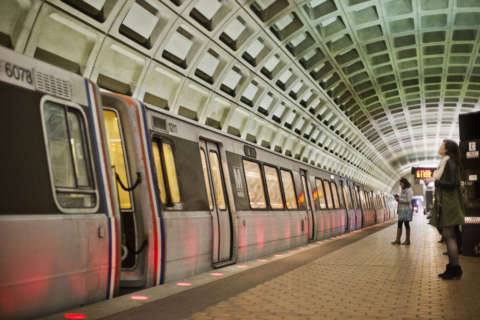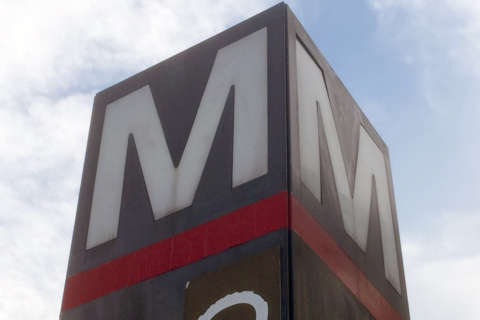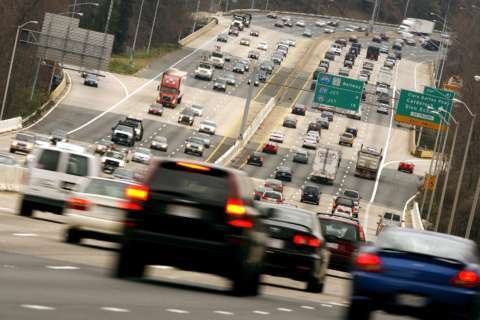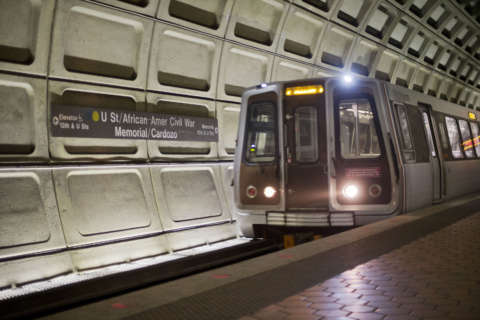WASHINGTON — Metro’s new 7000 Series cars are falling short of contract requirements due to a series of system failures, but the agency said it is working on improvements that are already beginning to show benefits.
“I would say there’s probably 10 open engineering items,” Chief Operating Officer Joe Leader told the Metro Board last week. “Once they resolve them, we’ll probably see a huge significant increase in [performance].”
Leader is now meeting with the cars’ manufacturer, Kawasaki, twice a month as Metro, Kawasaki and other companies responsible for parts of the cars try to come up with solutions.
Metro has also had problems getting all of the parts needed for the cars.
While the cars are falling short of contract requirements that they travel at least 20,000 miles between failures, Leader said the performance has been getting better.
“I can say, in the last few months, where they were has significantly increased. A lot of that has to do with open engineering items,” Leader said.
Any fixes must first be designed and agreed upon by Metro and Kawasaki, then tested and approved, before the upgrades are rolled out to the entire fleet.
Overall, the 7000 Series cars averaged 16,144 miles between failures in July, August and September — better than any of Metro’s three other railcar fleets but below the 20,000 miles promised.
“It’s a very tough target; it’s actually a very high target,” Leader said.
By another measure, the distance cars go between problems that lead to significant delays for riders, the shiny 7000 Series cars also are outperforming their older sisters.
“The cars have performed very well in terms of reliability, but there are some things that — software type issues and things like that — as they get improved, you’ll see an even larger improvement,” General Manager Paul Wiedefeld said.
Among other issues, Wiedefeld said, Metro must re-engineer the ground brush system that was blamed for rail yard workers being shocked by a jolt of electricity.
“The 7000 is a very complex computer, so everything that you see out there that runs that is tied someway to some computer … So we have to continue to tweak all parts of that,” Wiedefeld said.
Overall, Metro cars ran an average of 86,814 miles between breakdowns that caused passenger delays in July, August and September. While that was a significant decline from the prior three months, it is a significant increase over prior years. The 5000 Series cars, which are due to be retired, broke down twice as often as the next closest, the 2000, 3000 and 6000 Series — every 45,000 miles or so.








